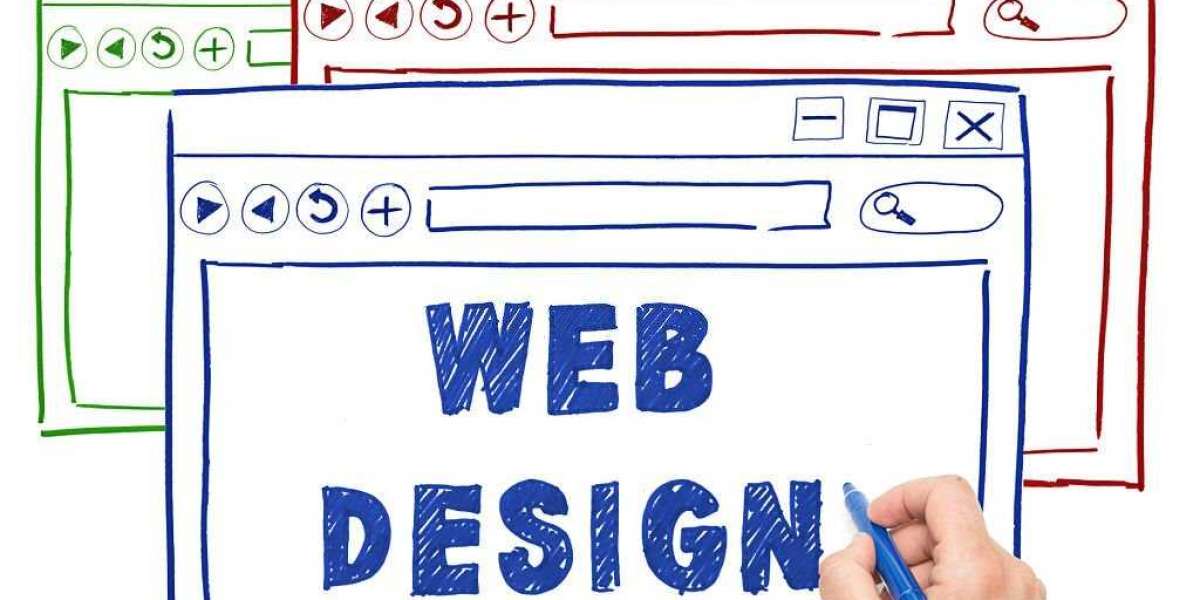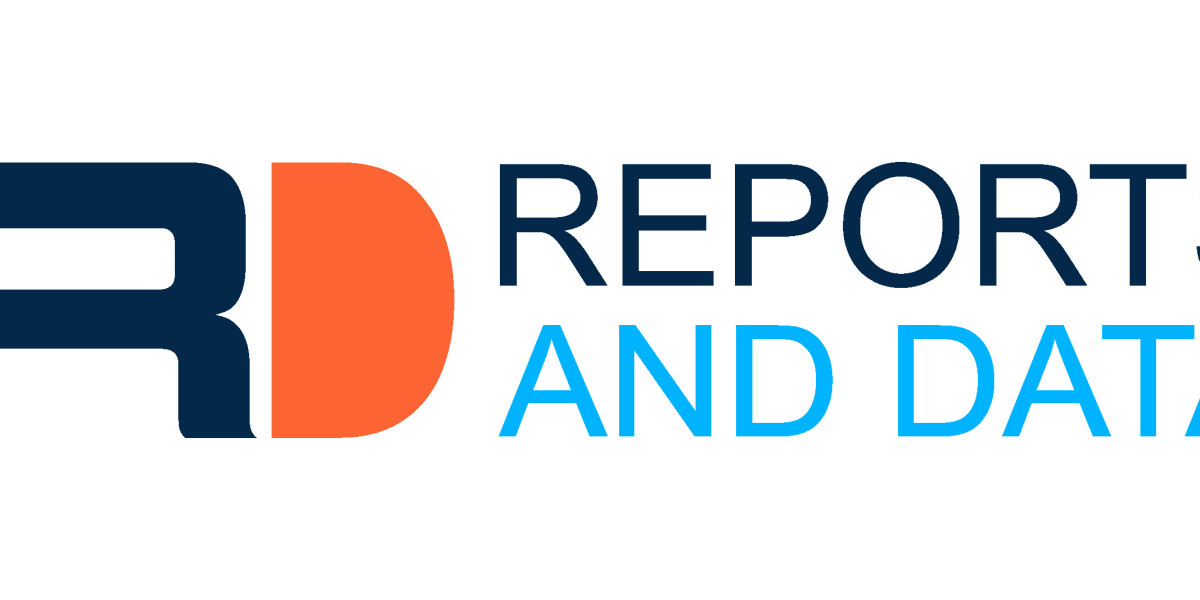The impact of genes on an individual's response to drugs is an emerging field in the healthcare world that is revolutionizing the very approach to pharmacological treatment. Through tailoring the selection of a drug and the dosage administered, pharmacogenomics promises the optimisation of drug efficacy and reduced adverse drug reactions (ADRs), hence enhanced patient outcomes. This young scientific marvel has much more as it is turning into a large expanding market.
This growth can be attributed to the following factors:
- Growing ADRs: Adverse drug reactions are a significant public health concern and a major driver of healthcare costs. Pharmacogenomics offers a powerful tool to mitigate this risk.
- Growing demand for personalized medicine: The trend towards personalized medicine, where treatments are tailored to individual patients, is fueling the demand for pharmacogenomic testing.
- Advancements in technology: Advances in gene sequencing technologies and bioinformatics are making pharmacogenomic testing more accessible and affordable.
- Rising awareness: The increasing awareness among the healthcare professional and patients about the advantages of pharmacogenomics is driving the market growth.
Key Market Segments: Decoding the Landscape
The pharmacogenomics market can be categorized based on several factors as follows:
- Technology: It comprises genotyping, sequencing, PCR, and other such related technologies that are used for genetic analysis. Next-generation sequencing (NGS) is in high demand due to its capability of studying multiple genes simultaneously.
- Application: Major application areas of pharmacogenomics include oncology, cardiovascular diseases, infectious diseases, and neurology. Concrete examples include testing for genetic variations in the genes CYP2C19, which determines the metabolism of the antiplatelet drug clopidogrel, or TPMT, which influences the metabolism of thiopurine drugs.
- End-user: Pharmogenomics is embraced primarily by end-users such as hospitals, diagnostic laboratories, pharmaceutical industries, and research organizations.
Regional Analysis: A Global Perspective
North America currently dominates the pharmacogenomics market due to its advanced healthcare infrastructure and high adoption rates of personalized medicine. However, the Asia Pacific region is expected to witness significant growth due to increasing healthcare expenditure and growing awareness about pharmacogenomics.
Challenges and Opportunities: Navigating the Landscape
Despite its immense potential, the pharmacogenomics market faces certain challenges:
- Expensive testing: Though the cost of gene sequencing has dropped drastically, pharmacogenomic testing can still be very costly, thereby not being available to everyone.
- Lack of standardization: Pharmacogenomic testing lacks standardized guidelines and protocols that lead to variability in results and interpretation.
- Data privacy concerns: Sensitive genetic information requires proper data security measures to ensure the privacy of such information.
- Physician education: Educational efforts for providers in the understanding and use of pharmacogenomics information are paramount to its mainstreaming.
Nevertheless, the opportunity also lies at the market place:
- Expanding applications: It is expanding out of drug metabolism and into uses such as predictive risk of diseases and development of tailored drugs
- Point-of-care testing: Pharmaco-genetic testing can make the test handy and available if developed for the point-of care.
- Integration with electronic health records: The integration of pharmacogenomic data with electronic health records could help make such data useful for clinical decision-making.
The Future of Pharmacogenomics: A Personalized Prescription for Healthcare
Pharmacogenomics stands at the threshold of revolutionizing healthcare through being able to make available personalized medicine. Further, improved standardization and education of physicians will make pharmacogenomics an essential part of clinical practice and expand the efficacy and safety of drug therapy as testing costs decline. The future of medicine is about personalization, and pharmacogenomics is a key for unlocking it.
Frequently Asked Questions: Pharmacogenomics Market
1.Distinguish pharmacogenomics from pharmacokinetics and pharmacodynamics.
Pharmacokinetics refers to what the body does to the drug (absorption, distribution, metabolism, excretion), and pharmacodynamics is what the drug does to the body (mechanism of action). Pharmacogenomics would describe how these genetic variations might influence both, hence the difference in drug response.
2.Beyond drug metabolism, what other applications of pharmacogenomics are emerging?
Beyond predicting drug response, pharmacogenomics is being explored for predicting disease risk, identifying potential drug targets, and even guiding personalized drug development for specific patient populations.
3.What are the ethical issues related to pharmacogenomic testing, in particular, on data privacy?
Ethical concerns include potential discrimination based on genetic information, obtaining informed consent to test, safeguarding data confidentiality and security, and the psychological impact of being informed about the presence of certain genetic predispositions.
4.Direct-to-consumer pharmacogenomic testing: Market impact and issues of direct-to-consumer testing.
DTC represents easy access, but the issues of accuracy, appropriate interpretation, and need for proper clinical follow-up will remain concerns. Regulation and standardization are still developing in this field.
5.What is the role of bioinformatics in the advancement of pharmacogenomics and what are some of the major challenges?
Bioinformatics is vital in the analysis of large-scale genomic data to identify relevant genetic variations and integration with clinical data. Challenges are in developing strong algorithms, dealing with data complexity, and interoperability of data.
Author's Bio:
Nilesh Shinde
Senior Market Research expert at The Insight Partners















